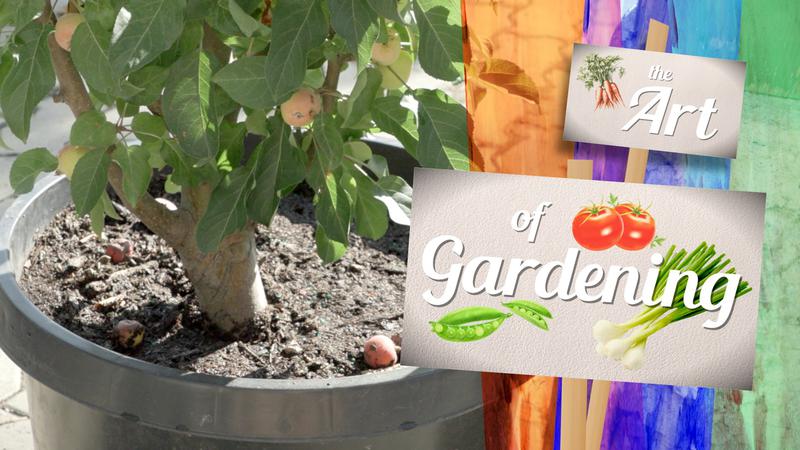
TRU international students reflect on course that immerses them in Indigenous traditions
KAMLOOPS — Kusum first found it uncomfortable to sit in a circle and quietly listen to classmates speak, a common practise in Privileging Indigenous Oral Traditions and Storywork in International Indigenous Research, the Thompson Rivers University course taught by associate professor Mukwa Musayett (Shelly Johnson).
A student from India, Kusum said the class includes pupils from countries at odds with her country, so the setting was uneasy, but the circle has helped change her perspective.
“Listening patiently to everyone gives me a new way of thinking,” Kusum said. “When I learned through Indigenous people, I learned no borders can separate us. We are all one. We should respect each other.”


